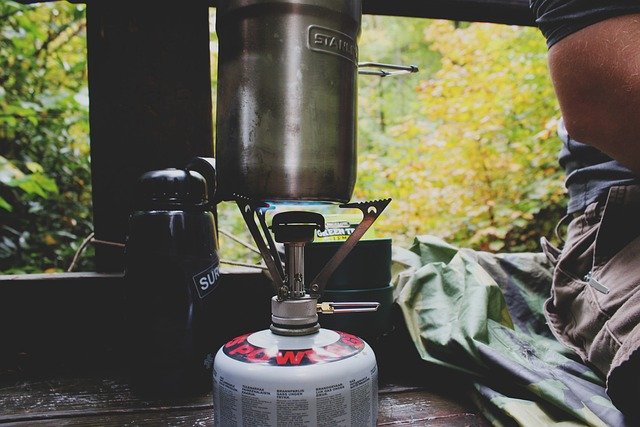Foraging Vacations: Unearth Nature's Hidden Delicacies
Embark on a culinary adventure that takes you back to our ancestral roots. Foraging vacations are emerging as a unique travel trend, blending outdoor exploration with gastronomic discovery. These immersive experiences offer travelers the chance to connect with nature, learn valuable survival skills, and savor the authentic flavors of wild-grown ingredients.

The Rise of Foraging Vacations
Foraging vacations have gained popularity as travelers seek more authentic and immersive experiences. These trips combine the thrill of exploration with the satisfaction of sourcing one’s own food. Guided by expert naturalists and chefs, participants learn to identify edible plants, mushrooms, and sometimes even insects in diverse ecosystems. From coastal seaweed harvesting to forest mushroom hunting, these vacations offer a unique perspective on local landscapes and culinary traditions.
Education and Sustainability
One of the key aspects of foraging vacations is education. Participants learn not only how to identify edible species but also about the ecological importance of various plants and fungi. This knowledge fosters a deeper appreciation for biodiversity and the delicate balance of ecosystems. Many foraging tours emphasize sustainable practices, teaching participants how to harvest responsibly without damaging the environment. This educational component aligns with the growing trend of eco-conscious travel, appealing to those who seek to minimize their environmental impact while exploring new destinations.
Culinary Creativity and Local Flavors
Foraging vacations often culminate in culinary experiences that showcase the gathered ingredients. Participants may join cooking classes or enjoy meals prepared by skilled chefs using their foraged finds. This farm-to-table (or rather, forest-to-table) approach highlights the unique flavors of each region and season. From wild garlic pesto in European woodlands to sea buckthorn preserves in coastal areas, these experiences offer a taste of local terroir that can’t be replicated in traditional restaurants.
Challenges and Considerations
While foraging vacations offer exciting opportunities, they also come with challenges. Safety is paramount, as misidentification of plants or mushrooms can lead to serious health risks. Reputable tour operators employ experienced guides with extensive knowledge of local flora and emphasize the importance of proper identification. Additionally, foraging activities must be conducted in compliance with local regulations and conservation efforts to ensure the sustainability of wild populations.
Essential Tips for Foraging Vacations
• Research and choose reputable tour operators with experienced guides
• Familiarize yourself with basic foraging guidelines and ethics before your trip
• Wear appropriate outdoor clothing and footwear for varied terrains
• Bring a camera or notebook to document your findings
• Be prepared for varying weather conditions and physical activity levels
• Always follow your guide’s instructions and never consume anything without expert approval
• Learn about the cultural significance of foraging in your destination
• Consider combining foraging with other local activities for a well-rounded experience
A New Way to Experience Destinations
Foraging vacations offer a fresh perspective on travel, allowing participants to engage with landscapes in a profound and memorable way. By learning to read the natural environment and harvest its bounty, travelers gain a deeper appreciation for local ecosystems and culinary traditions. As this trend continues to grow, it promises to reshape how we interact with nature during our journeys, fostering a more sustainable and mindful approach to exploration. Whether you’re a culinary enthusiast, nature lover, or adventure seeker, a foraging vacation might just be the transformative experience you’ve been searching for.





